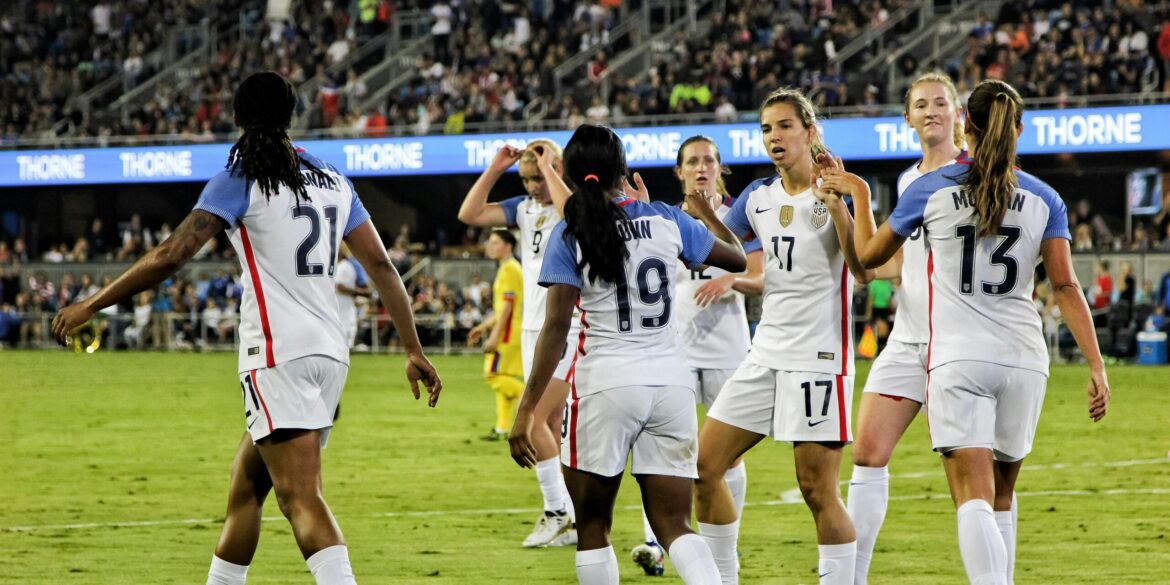On November 19, 2025, the U.S. government unveiled a new initiative aimed at simplifying travel for foreign fans attending the upcoming FIFA World Cup. The program, known as the “FIFA Pass,” will prioritize visa processing for ticket holders to the event, making it easier for international visitors to secure the necessary travel documentation in time for the tournament. This announcement is part of a broader effort by the U.S. to enhance its appeal as a host country for major global sporting events while boosting inbound tourism and travel.
The FIFA Pass program is designed to expedite the visa application process for foreign fans whose primary purpose for traveling to the U.S. is to attend the World Cup. It will be implemented at select U.S. embassies and consulates around the world, targeting those applicants who have already secured tickets to the tournament. While the standard security and vetting procedures will remain in place, the key difference with this initiative is that the scheduling of visa appointments will be expedited, significantly reducing the wait time for fans looking to attend matches. This is expected to make the process much smoother for international soccer fans eager to experience the event in person.
This initiative is not just a logistical move but also part of the broader U.S. strategy to position itself as a global leader in hosting high-profile international events. By facilitating easier access for World Cup fans, the U.S. is enhancing its appeal as a destination for sports tourism. The decision comes at a time when the U.S. is looking to capitalize on the significant economic opportunities that major sporting events like the World Cup offer. Beyond the immediate benefit of improving the experience for soccer fans, the FIFA Pass program is seen as a strategic effort to bring more visitors to the country, boosting the tourism and hospitality sectors in cities where games will be held.
This program is also part of a growing trend of “event-based immigration facilitation” that countries are increasingly adopting when hosting large-scale international events. In the case of the World Cup, this type of initiative connects the sporting event to broader tourism and economic goals. In many cases, governments view such events not only as a chance to showcase their culture and infrastructure to the world but also as an opportunity to drive revenue through increased travel, spending, and global exposure. By making it easier for fans to travel, the U.S. government is not just facilitating entry for soccer enthusiasts, but also positioning the country to benefit economically from the influx of international visitors.
Analysts suggest that this move represents a forward-thinking strategy by the U.S. to tap into the global appeal of the World Cup. The event attracts a massive international audience, including not only fans but also media representatives, business leaders, and industry experts, all of whom contribute to the economic activity surrounding the tournament. With the FIFA Pass program, the U.S. is aiming to streamline the process for a broad spectrum of visitors, ensuring that those attending the event can do so without bureaucratic delays. It also presents the U.S. as a more accessible destination for future international events, which could result in a longer-term boost to the country’s tourism industry.
This visa facilitation initiative comes at a time when global travel is on the rise, and the U.S. is looking to continue its efforts to attract international visitors after the disruptions caused by the COVID-19 pandemic. The World Cup is expected to draw millions of international fans to the U.S., and this program will help ensure that the country is well-prepared to handle the influx. By reducing the typical red tape involved in the visa application process, the U.S. is also sending a message to the world that it is ready to welcome international travelers with open arms, making it easier for people to enjoy not just the World Cup but also the cultural and tourism opportunities that the country has to offer.
In conclusion, the FIFA Pass program represents a strategic and practical response to the increasing global demand for easier travel to major events. By prioritizing visa processing for World Cup attendees, the U.S. is positioning itself as a welcoming host for international fans and signaling its broader commitment to using major sporting events to drive tourism and economic activity. As the tournament draws closer, the U.S. government’s efforts to streamline the travel process for visitors will play a key role in enhancing the overall experience for fans while benefiting the country’s economy and global standing as a host nation.


